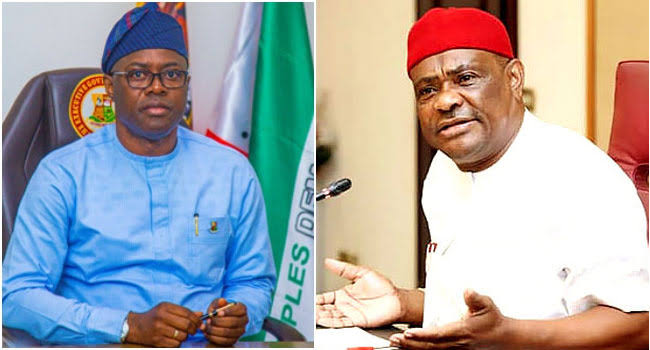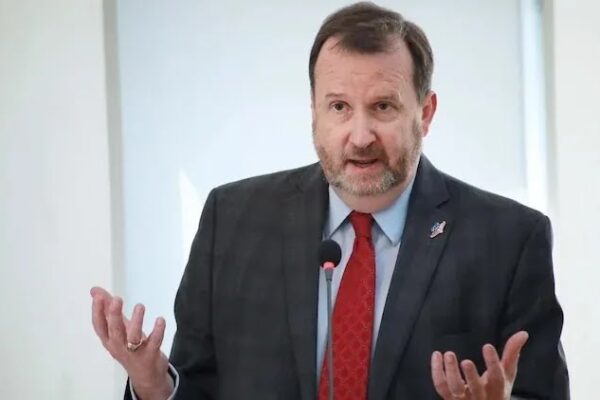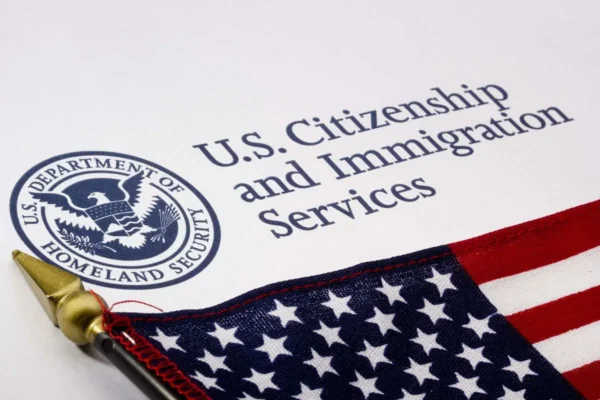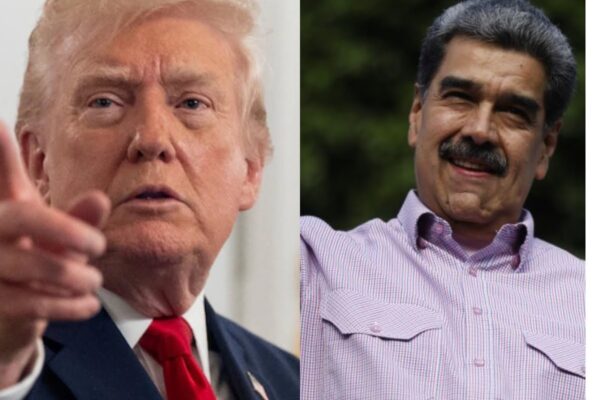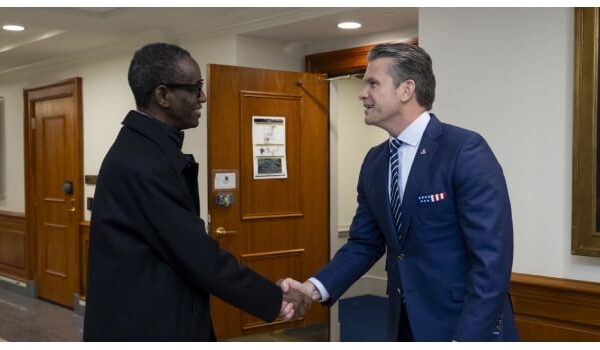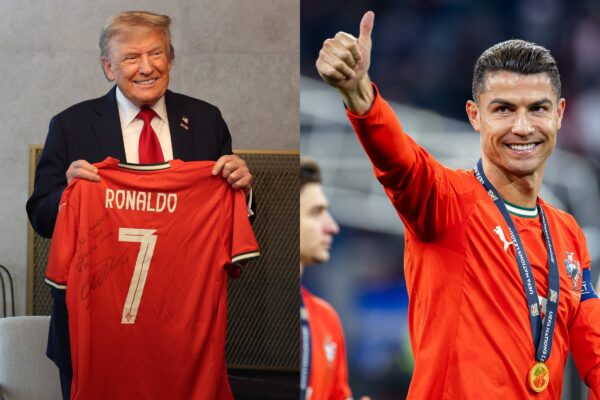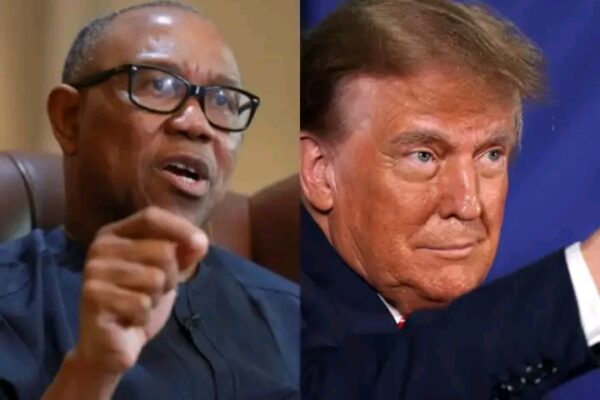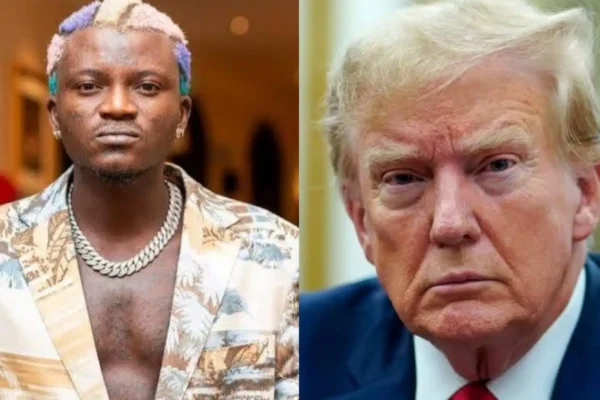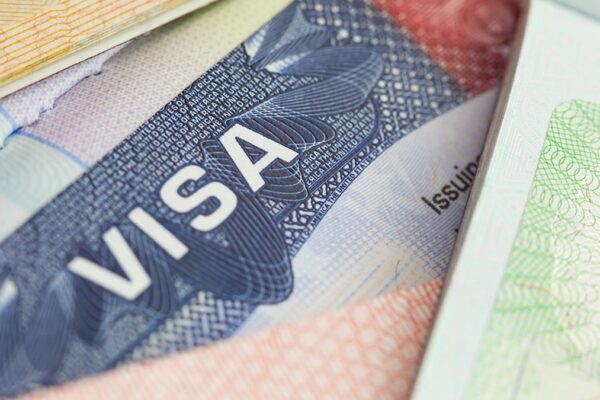
US Announces Partial Visa Ban On Nigerians Effective January 1, 2026
The United States has announced a partial halt to visa issuance for Nigerian citizens, with the new restriction set to take effect from January 1, 2026, under Presidential Proclamation 10998. The U.S. Department of State said the measure affects several nonimmigrant visa categories, including B-1/B-2 visitor visas as well as F, M and J visas issued to students and exchange programme participants. In addition, most immigrant visa categories are covered by the suspension, though a number of exemptions have been outlined. Nigeria is one of 19 countries named in the directive. Others on the list include Angola, Antigua and Barbuda, Benin, Burundi, Côte d’Ivoire, Cuba, Dominica, Gabon, The Gambia, Malawi, Mauritania, Senegal, Tanzania, Togo, Tonga, Venezuela, Zambia and Zimbabwe. The proclamation, titled “Restricting and Limiting the Entry of Foreign Nationals to Protect the Security of the United States,” allows exceptions for certain groups. These include immigrant visas for ethnic and religious minorities facing persecution in Iran, dual nationals applying with passports from countries not affected by the policy, Special Immigrant Visa applicants linked to U.S. government service, selected international sports participants, and lawful permanent residents. U.S. authorities clarified that the suspension applies only to individuals who are outside the United States on the effective date and who do not already have a valid visa as of January 1, 2026. Visas issued before that date will remain valid and will not be cancelled under the new rule. The State Department also noted that applicants from affected countries can still submit visa applications and attend scheduled interviews, but final approval may be denied under the new entry restrictions.

